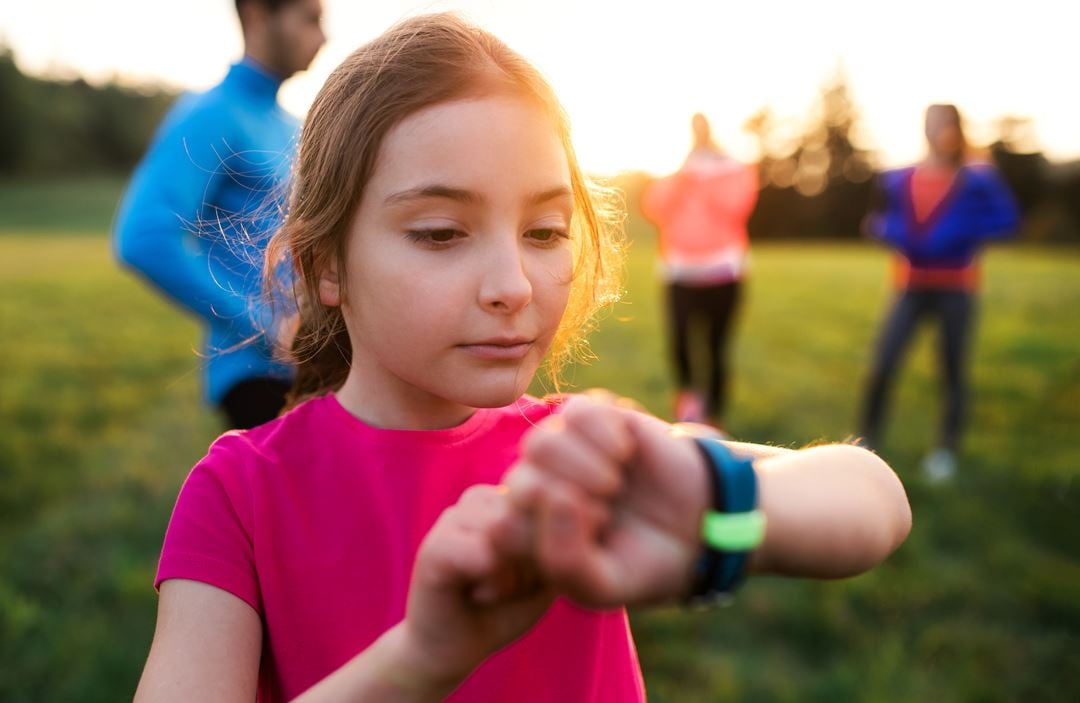Every year, several hundred children, adolescents and young adults experience are exposed to trauma, accidents or illness which leads to an acquired brain injury (ABI). The condition can affect attention, impulse control, flexibility and concentration and lead to regulation difficulties and emotional outbursts; often referred to as executive dysfunction. One of the most prominent and demanding consequences of an ABI is severe fatigue. However, existing research on fatigue in people with ABI is sparse. We currently do not know enough about what causes fatigue, which rehabilitation measures that most effectively can reduce fatigue, or which adaptations the individual can make to optimize their own workload throughout the day.
In RIGHT BALANCE we will investigate whether physical activity (PA) and sleep can be modifiable factors that influence self-perceived fatigue in adolescents and adults with long-term consequences following ABI. A wrist-worn sensor will be used to continuously monitor PA and sleep. Combined with daily self-registration of fatigue, we will through a longitudinal study design over a period of three months explore currently unknown relationships between PA, sleep and fatigue.
The knowledge emerging from this research will form the basis for the development of advice, and further specify demands for later development of digital tools so that each individual with ABI can monitor and manage their workload in everyday life, and thus find a good balance between activity, rest and sleep.

